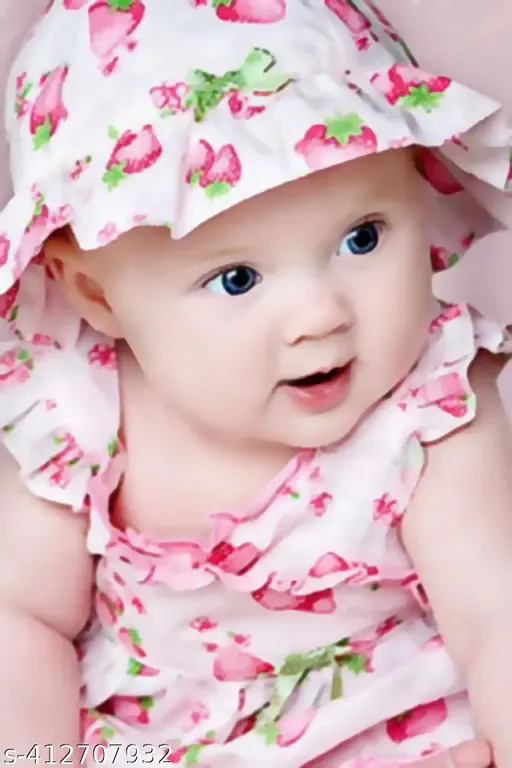My 11-year-old daughter, Lily, settles beside me on the couch, tucking her legs beneath her. She remains silent, yet her worried expression tells me that something’s troubling her. “What’s wrong?” I inquire, hoping it’s not something too serious. (I always hope for the best.)
With a shaky breath, her eyes brim with tears. “Everything is changing,” she confides. “Everyone’s growing up, and I’m not ready for that.”
Oh, my dear child. I recall having a similar conversation with her older sister, Emma, at this age. Both of my girls have treasured their childhoods, often lamenting the swift passage of time, their evolving bodies, friends drifting away from imaginative play, and the shared dreams of youth. As the carefree days of galloping around shift into conversations about crushes, and make-believe gives way to makeup, they feel a sense of loss.
While it pains me to see them upset, I can’t help but feel a sense of relief. I’d much prefer that they hold onto their childhood for as long as possible, rather than rush into adolescence or adulthood. They have their whole lives to grow up—there’s truly no need to hurry this phase.
However, my daughters’ hesitation to grow up starkly contrasts with the dominant culture, where children often face pressure from media, peers, and even parents to mature faster than they should. The essential joys of childhood—play, imagination, and innocence—are fleeting in a world obsessed with reality TV and academic performance. Products, games, and media are marketed to tweens, transforming them into mini-adult consumers. TV shows meant for teens are frequently consumed by even younger audiences. Parents sometimes take their 7-year-olds to see movies like Deadpool, either unaware of its R-rating or thinking their child can “handle” the graphic content.
What worries me is not just the influence of adult media and pop culture. For years, I’ve noticed a shocking scarcity of school-aged children playing in parks or nature reserves during after-school hours. Typically, the only ones we encounter are parents with toddlers. Where are the older kids?
It’s no secret that we live in a time filled with scheduled activities and heightened competition. While organized sports can be beneficial, they also occupy much of a child’s free time. Add to that the increasing homework load, the allure of screens, and parental fears about letting children play outside (due to concerns about safety or nosy neighbors), and we end up with kids missing out on the invaluable benefits of unstructured, imaginative play.
Let me be clear: I’m not suggesting kids should be free of any responsibilities. I believe in chores, reasonable expectations, and community involvement as essential aspects of growing up. What I oppose is the over-scheduling and exposure to a world that’s far too mature, the reduction of recess and art classes in favor of test preparation, and the marketing of inappropriate items like thong underwear for tweens.
Parenting in the age of relentless media is challenging. Marketers are savvy, and unless parents actively work to limit their children’s exposure to advertising and pop culture, kids may start to believe that childhood ends around age 8. That’s simply not something I can accept.
While we can’t shield our kids from everything, we can strive to protect their childhood. It may seem contradictory, but I believe that giving children the time and space to be kids encourages them to mature more effectively when the time comes. Just as a butterfly remains in its chrysalis until its wings are fully formed, a rich childhood fosters a healthy adulthood. I see this happening with Emma, who has grown and matured significantly since those early worries about growing up. Now, at 15, she expresses gratitude for having fully embraced her childhood and enjoyed her innocence while it lasted. That feels right to me.
So, I wrap my arm around Lily and gently dab her tears. “You will grow up,” I assure her. “Everyone does. But you don’t have to give up being a kid just yet. You’ll eventually move on from the things you love now, but there’s no rush. Savor your childhood while you can.”
She smiles, nods, and gives me a long, tight hug before running off to play.
For more insights on this journey of parenthood, check out our other blog posts like this one. To learn about essential parenting resources, you can visit Make a Mom for expert advice. For additional information on fertility, Medical News Today is an excellent resource.
In summary, it’s crucial to allow children to enjoy their childhood without rushing into adulthood. Embracing this perspective not only nurtures their emotional well-being but also supports their future growth and maturity.
